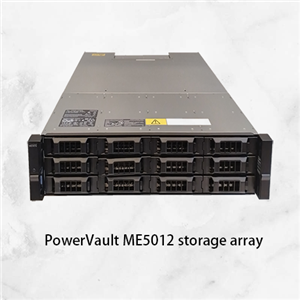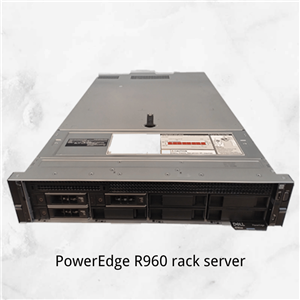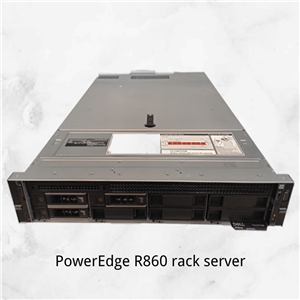HPC High-Performance Cluster Solution

Optimizing Performance Across Advanced Scientific and Industrial Applications
High-Performance Computing (HPC) is extensively utilized across cutting-edge fields such as oil and gas, meteorology, materials science, aerospace, and artificial intelligence. It involves a complex system where multiple layers must work in harmony to achieve optimal performance. Here’s how a comprehensive HPC cluster solution is designed to meet these demands:
Key Components:
Compute Systems:
High-Performance Servers: Equipped with powerful processors and large amounts of memory to handle intensive computational tasks.
Accelerators: Use of GPUs or TPUs to enhance processing power for complex calculations and simulations.
Storage Systems:
High-Speed Storage: Advanced storage solutions like parallel file systems and high-capacity storage arrays to manage and access large datasets efficiently.
Data Management: Tools for data replication, backup, and archival to ensure data integrity and availability.
High-Speed Networking:
Interconnects: Use of high-speed, low-latency networking technologies such as InfiniBand or Ethernet to facilitate rapid data transfer between compute nodes.
Network Architecture: Design optimized for bandwidth and latency to support large-scale data processing and real-time analysis.
Cluster Management Software:
Resource Management: Software for efficient allocation and scheduling of computational resources across the cluster.
Monitoring and Maintenance: Tools for monitoring system performance, health, and job execution, enabling proactive management and troubleshooting.
Job Scheduling Systems:
Task Scheduling: Advanced schedulers that allocate tasks to compute nodes based on resource availability, job priorities, and execution requirements.
Load Balancing: Mechanisms to ensure even distribution of workloads and optimize overall cluster performance.

Benefits:
Enhanced Computational Power: Leverage the combined power of multiple compute nodes to tackle complex simulations and analyses.
Scalability: Easily scale resources up or down based on workload demands, supporting diverse and evolving research needs.
Efficient Data Handling: Manage and process vast amounts of data with high-speed storage and networking solutions.
Improved Productivity: Optimize resource utilization and job execution, reducing time to results and increasing overall productivity.
Applications:
Oil and Gas: For reservoir simulations, seismic data analysis, and exploration modeling.
Meteorology: To enhance weather forecasting, climate modeling, and atmospheric research.
Materials Science: For molecular dynamics, materials simulations, and advanced material discovery.
Aerospace: Supporting aerodynamic simulations, flight dynamics, and spacecraft design.
Artificial Intelligence: Accelerating machine learning model training, data analysis, and AI research.
An HPC high-performance cluster solution integrates these components into a cohesive system, ensuring that complex and computationally intensive tasks are completed efficiently and effectively.




